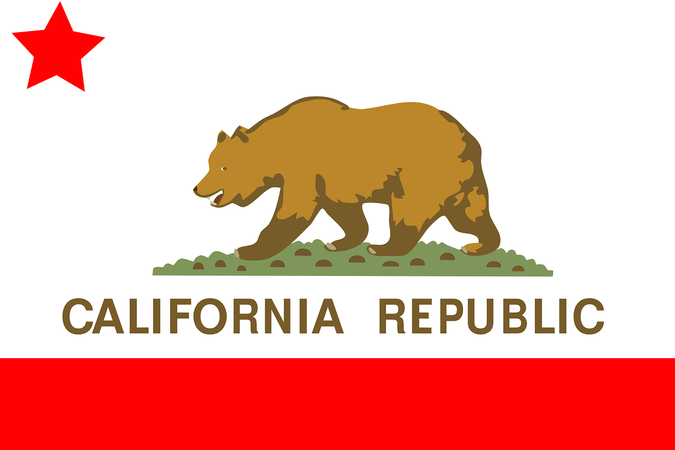To all BI professionals, CIOs, CDOs, and everyone else relying on data to run a business: Happy New Year! It’s going to be…interesting.
From California’s new data privacy law going into full effect to potential new U.S. federal data privacy laws on top of an alphabet soup of global laws and regulations, the name of the game for 2020 is going to be “compliance.”
Oh, and you have to keep your day job, too.
Here are some things you should have on your radar as you prepare your data landscape for 2020:
California Consumer Privacy Act
The California Consumer Privacy Act (CCPA) came into effect on January 1, 2020. That means that now most companies that do business with consumers in California have to protect those customers’ personal data.
CCPA goes further than the European Union’s General Data Protection Regulation (GDPR) in what constitutes “personal data.” Specifically, under GDPR compliance, any information (including sensitive data such as political opinions, sexual orientation, genetic data, ethnic origin or religious beliefs) that can exclusively identify a person is considered personal, but CCPA includes broader coverage that identifies or is capable of being associated or linked with a particular consumer or household. For example, a consumer’s search history, clickstream data, or location is considered personal under CCPA.
So, in short, if you’re compliant with GDPR you may not be in compliance with CCPA.
Customers can sue companies for violations of CCPA, even if no data breach is involved. It imposes stiff penalties on noncompliant entities. Your compliance is required even if you have no physical presence in California.
From a data management perspective, this means that you must have a handle on where your data is located, what is contained within it, who has access to it, how it’s used, shared, and protected. You need to be able to trace any piece of personal information from source to destination so you can prove it’s protected throughout its entire journey.
You can’t do this easily without automated data lineage tools. Octopai’s metadata discovery and management suite provides visualization tools that empower you to see and report everything about sensitive customer data. You can evaluate and mitigate compliance risks.
Not Yet CCPA Compliant?
Octopai's Automated Metadata Management Platform can make CCPA compliance a breeze.
Learn How
On the Horizon: Federal Data Privacy Law
In December 2019 a bill was introduced in the U.S. Senate that could be the nation’s first federal-level data privacy law. The Consumer Online Privacy Rights Act (COPRA) is similar to GDPR, but much could change before it makes its way through the legislative process. Smart enterprises will keep an eye on this one and invest in the automated tools needed for compliance.
Keeping the Lights On with Automated Metadata Management
Beyond compliance, there are many areas in which automated metadata management can help you with your day-to-day tasks. For example:
– Business forecasting – Accurate, reliable business forecasts are essential for enterprises to determine annual resource allocations. A vital component of business forecasting is automated metadata queries. With metadata queries, you can account for all appropriate inputs to your sales and inventory forecasts (among others). Even if new data sources go-live mid-year, your automated metadata discovery can uncover the data needed for spot-on forecasts before the enterprise stakeholders ask for them.
– Hardware configuration – This is an area BI professionals don’t think much about, but it’s important. As a company’s data landscape grows and evolves, more computing “horsepower” is needed to perform the ETL and OLAP cube processing required to populate data warehouses and drive reports and dashboards.
With automated metadata management, you can correlate data source growth with the performance of these processes. This shows you when it’s time to add server memory or upgrade to new hardware platforms entirely.
– KPI planning – Are your dashboard key performance indicators (KPIs) telling the whole story? Are you able to pinpoint different geographies, business units, product lines, and market segments? With automated metadata management tools, you can analyze inputs to your KPIs to ensure you aren’t missing anything.
Make 2020 the Year of Automated Metadata Management
The job of wrangling data then squeezing useful information from it is not getting easier. Both the volume of data and the number of sources businesses rely on are growing exponentially. Add the in-the-works myriad data privacy regulations and the responsibilities increase.
Octopai’s automated tools can help. Take a look at our resources to see how automated metadata management can make your life easier in 2020 and beyond.






